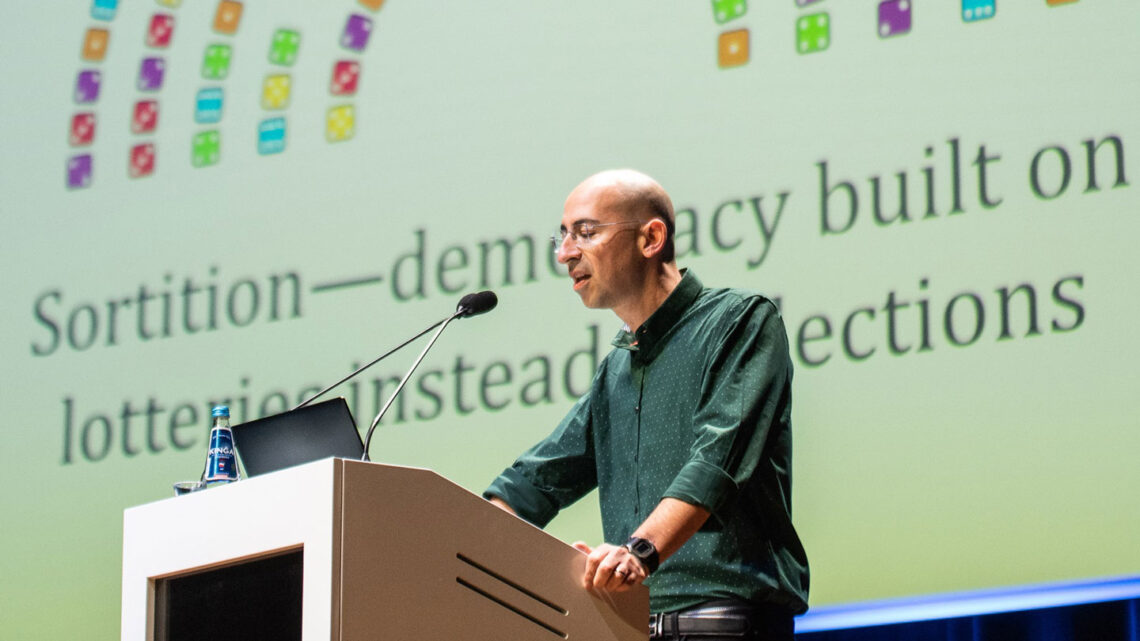academic: Relating to school, classes or things taught by teachers in formal institutes of learning (such as a college).
algorithm: A group of rules or procedures for solving a problem in a series of steps. Algorithms are used in mathematics and in computer programs for figuring out solutions.
app: Short for application, or a computer program designed for a specific task.
astronomy: The area of science that deals with celestial objects, space and the physical universe. People who work in this field are called astronomers.
computer science: The scientific study of the principles and use of computers. Scientists who work in this field are known as computer scientists.
Ph.D.: (also known as a doctorate) A type of advanced degree offered by universities — typically after five or six years of study — for work that creates new knowledge. People qualify to begin this type of graduate study only after having first completed a college degree (a program that typically takes four years of study).
physics: The scientific study of the nature and properties of matter and energy. Classical physics is an explanation of the nature and properties of matter and energy that relies on descriptions such as Newton’s laws of motion. Quantum physics, a field of study that emerged later, is a more accurate way of explaining the motions and behavior of matter. A scientist who works in such areas is known as a physicist.
policy: A plan, stated guidelines or agreed-upon rules of action to apply in certain specific circumstances. For instance, a school could have a policy on when to permit snow days or how many excused absences it would allow a student in a given year.
random: Something that occurs haphazardly or without reason, based on no intention or purpose. Or an adjective that describes some thing that found itself selected for no particular reason, or even chaotically.
solution: A liquid in which one chemical has been dissolved into…
Read the full article here





